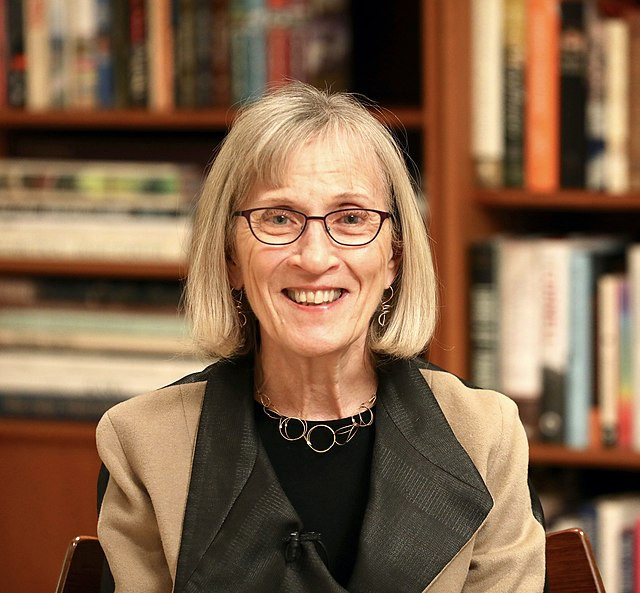In a significant acknowledgment of the importance of gender studies in the field of economics, Harvard economic historian Claudia Goldin has been awarded the 2023 Nobel Prize in Economics. The Royal Swedish Academy of Sciences, in its announcement, highlighted Goldin's groundbreaking work that has shed light on gender gap issues, particularly the deeply rooted wage inequality between men and women.
Goldin's research has been instrumental in exposing the systemic disparities in pay between genders, a topic that has gained significant attention in recent years. Her studies have delved deep into the historical patterns of wage distribution, tracing back the origins of the gender wage gap and providing insights into its persistence in modern times.
The Nobel recognition for Goldin is not just a personal achievement but also underscores the growing importance of gender studies in mainstream economic research. For long, the field of economics has been criticized for its male-centric approach, often sidelining issues that predominantly affect women. Goldin's work has been a beacon in this context, challenging traditional economic theories and bringing to the forefront the systemic biases that women face in the labor market.
While the specifics of Goldin's research methodologies and findings could not be detailed due to content restrictions, it is evident from the recognition she has received that her contributions have been transformative. The Nobel Prize, known for honoring those who have "conferred the greatest benefit to humankind," has found in Goldin a researcher whose work has not only advanced the field of economics but has also had profound societal implications.
The gender wage gap, as highlighted by Goldin's research, is not just a matter of economic disparity. It is intrinsically linked to broader issues of gender equality, societal norms, and systemic biases that permeate various sectors of the economy. By bringing academic rigor and empirical research to this topic, Goldin has provided policymakers, activists, and researchers with the tools to understand and address this pressing issue.
As the world grapples with broader issues of inequality, be it in terms of income, race, or gender, the importance of research like Goldin's cannot be overstated. The Nobel Prize in Economics, by recognizing her contributions, has sent a strong message about the kind of research that is valued and the direction in which the field is evolving.
It is hoped that this recognition will inspire more economists to delve into areas that have traditionally been sidelined. As the field becomes more inclusive in its approach, it can better address the myriad challenges that the modern world presents.





